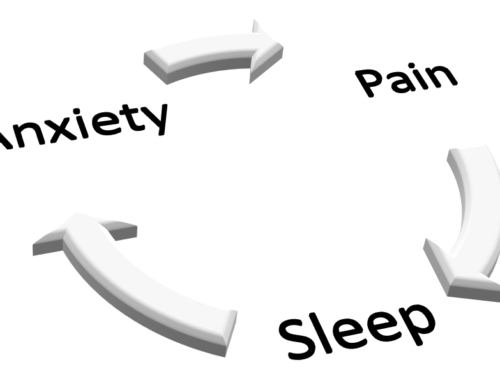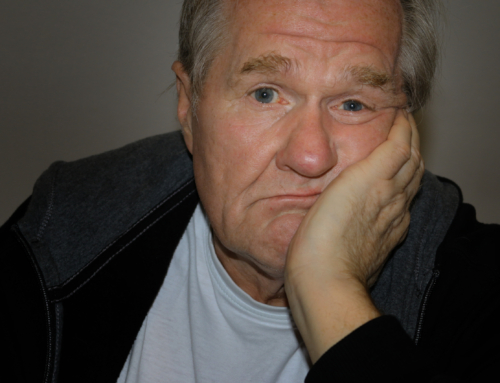AAAhhhhh, there is nothing like a good night’s sleep. Don’t you feel refreshed and ready to conquer the world when you are well rested? How do you feel when you haven’t been sleeping well? Irritable, short-tempered, unfocused, …?
Feeling extra sleepy is linked to:
- Motor vehicle accidents
- Poor test performance
- Poor decision making
- Difficulty concentrating
- Difficulty solving problems
- Mood changes
- Pain intolerance
- Mistakes
- Errors in judgment
So, it is not all in your head if you think you don’t have such a great day when you don’t sleep well.
The TV commercials tell you to grab one of the over-the-counter sleep medicines. I want to DISCOURAGE you from doing that. Most of the over-the-counter sleep options contain either diphenhydramine (Benadryl) or a sedating antihistamine like doxylamine. These medications are not recommended in people over 60. Not only do they make you really sleepy, they are very anticholinergic.
Anticholinergic
Anticholinergic medications are very drying. They cause dry mouth, dry eyes, constipation, and difficulty urinating. They also make your thought process fuzzy. Medications with anticholinergic side effects greatly increase risk of falls. There are MANY studies showing that people who take these sleep aids are more likely to fall.
Zzz sleep medications
There are some newer prescription sleep medications available. Three are referred to as the ‘zzz’ medications. They are zaleplon (Sonata), exzopiclone (Lunesta), and zolpidem (Ambien). Note the ‘z’ in each name. These are options when all good sleep habits have been tried and failed; or when insomnia occurs regularly or for a prolonged time. When they are used, the lowest possible dose for a short time is best. Each of these medications is linked to falls (especially if you get up during the night to go to the bathroom while sedated). Each is linked to car accidents if you drive while still under the effect of the medication. Each can cause odd behaviors in come people such as sleep driving or other tasks while asleep. I had a patient once who awoke to find Wal-Mart bags full of merchandise all over her living room floor. She had gone to Wal-Mart in her sleep and had a shopping spree. She brought it all home and into the house then went back to bed. She could remember none of it.
So use these medications only when necessary, at the lowest possible dose, for a short time under the careful guidance of a prescriber. Only take one when you are able to stay in bed and sleep for a full night (7-8 hours). These are NOT for a short sleep and get-up-and-go kind of night.
BEST sleep habits
Prior to considering adding medications, these habits can help you sleep better.
- Keep your sleep schedule regular – Go to bed and get up at the same time each day.
- Keep your bed for sleep and sex only.
- Avoid daytime naps.
- Avoid caffeine, chocolate, alcohol, or spicy food.
- Avoid TV, reading your phone, using your computer right before bed. The light of the electronics triggers your brain to be active. There are several studies linking use of electronics before bed to poor sleep.
- Get some exercise during the day so your body is tired as well as your brain.
- Try deep breathing. Take slow, deep breaths in and slowly blow them out.
- Try progressive muscle relaxation. Start at your toes. Squeeze your toes tightly then let them relax. Keep going with all of the muscles as you work up your body.
- There are several other techniques available in the links on this page.
I highly encourage you to try all of the sleep techniques that don’t involve medications first. Then, if you do need medication, get a prescription from your doctor for a low dose. Use it only when truly needed for a very few days. Be sure you can dedicate a full night to sleep before taking a dose.
One other option when good sleep habits aren’t enough is melatonin. Melatonin is a natural product that improves sleep in some people. It takes up to a month to see the full effects. It can help you fall asleep quicker, sleep better, and sleep longer. Each dose won’t necessarily make you feel sleepy. The impact is more gradual over time. The starting dose is 2-3 mg at bedtime.
For more information on sleep options, contact us at www.medsmash.com.
If you would like to read further application, check out my personal blog.
Image source: Source: National Library of Medicine; National Institutes of Health; U.S. Department of Health and Human Services




